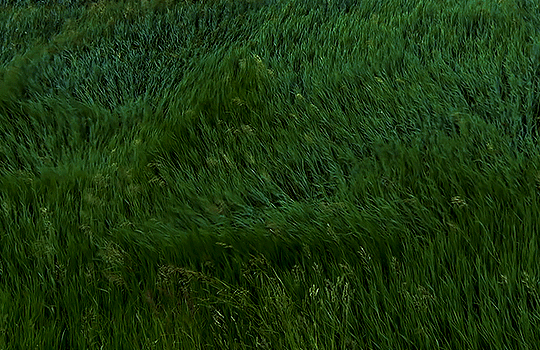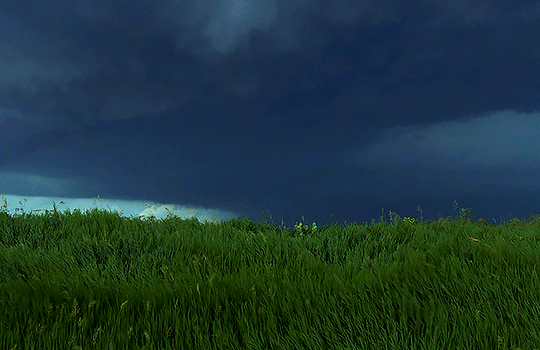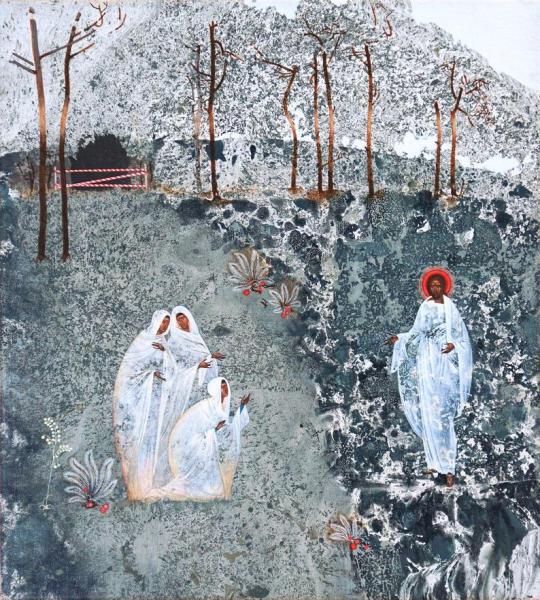Photo

Catherine of Siena, Prayer 9 (1379) (Noffke trans., modified)
74 notes
·
View notes
Photo

Miniature of an angel casting a millstone into the sea (Revelation XVIII: 21).
12 notes
·
View notes
Text
the first thing God does after we die is sit us down and cook us dinner
6K notes
·
View notes
Text
Ah, Mother, the most afflicted of all mothers, your Son, then, is dead. Your Son so amiable, and who loved you so much!
Weep, for you have reason to weep. Who can ever console you? Nothing can console you but the thought that Jesus, by His death, has conquered Hell, has opened Paradise which was closed to men, and has gained so many souls.
From that throne of the cross He was to reign over so many hearts, which, conquered by His love, would serve Him with love.
Do not disdain, my Mother, to keep me near to weep with you, for I have more reason than you to weep for the offences that I have committed against your Son.
Ah, Mother of mercy, I hope for pardon and my eternal salvation, first through the death of my Redeemer, and then through the merits of your sorrows. Amen.
20 notes
·
View notes
Photo


Planet Earth II (2016) Episode 05 “Grasslands” Directed by Chadden Hunter
230K notes
·
View notes
Text
Matagh: An Armenian Tradition of Helping the Poor

...It dates back to the times of St. Gregory the Illuminator, the Christian who was imprisoned for over a decade by King Trdat, but eventually converted the king and Armenia to Christianity. He then offered a thanksgiving sacrifice to God in the Church of St. John the Forerunner, in Taron, killing various animals and distributing them to the poor. Matagh is an offering, its meaning and symbolism is a gift to God, and giving assistance to the poor.
The offering is carried out as a gratitude to God for having saved someone from misfortune or recovery from poor health as well as a plea for the peace of the souls of the deceased. Since military service is compulsory for men once they turn 18, I found out that matagh is usually carried out when then their sons come home safely from their service. The other thing required for offering a sacrifice is a healthy male animal and salt. The animal to be sacrificed has usually been a lamb but it can be a cow, sheep, chicken or a dove. If the animal to be sacrificed is a cow, its meat is distributed to 40 houses. If the animal is a lamb or sheep, its meat is distributed to 7 homes. If the animal is a chicken, its meat is distributed to 3 houses. If the sacrifice is a dove, then it is set free. Once the animal has been sacrificed the meat must be cooked right away and distributed the same day and preferably eaten before sundown. A matagh offering is also cooked in a particular way. The salt must first be blessed and is also the key element that purifies the matagh and differentiates it from a pagan sacrifice. The meat is cooked in salted water. According the Armenian Apostolic Church, the origin of matagh comes from Abel, Noah, Abraham, Isaac, and other patriarchs. Christ Himself during the Last Supper ate the meat of the Easter lamb, which is considered to be matagh, handed down by the Prophet Moses. Matagh cannot be done 40 days before Easter and also cannot be performed on a Wednesday or Friday.
Here is the source with more info and pics (tw for animal death and gore)
25 notes
·
View notes
Text
The theologians of the cross, on the other hand, tell a "completely different story," if I may gloss [Martin] Luther with Derrida, something you will have to get used to in what follows. Their go-to text is the explosive first chapter of 1 Corinthians, where Paul gets in the face of the Greek philosophers, from whom the true God is hidden. If we heed the apostle instead of Aristotle, theology is not a presumptuous human ascent to God but a divine descent to the humility of the human condition: instead of theology from above, theology from below; instead of visible things as a springboard to glory, God mingling amid their misery; instead of divinizing humanity, a humanized God; instead of a God who slays his enemies, a suffering and defeated God, arrested, tortured, and executed. Truly, this God has been hidden from human wisdom (Is. 45:15), nothing a speculative thinker would ever come up with!
Friends of "humanity, infirmity, foolishness," of "humility and shame," of the passion and suffering that besets the human condition here below, the theologians of the cross are content with the "backside" (posteriora) of God, deferring face-to-face vision for another time and condition. They tell a completely different story about God because God has revealed a surprising God, utterly unexpected, confounding human understanding, appearing paradoxically under his opposite, sub contraria specie. Not a God who satisfies our intellectual desire (intelligere), but one who makes use of foolishness to shame the wise, of weakness to confound the strong, and of the nothings and nobodies of the world to confound the powers that be.
John Caputo, Cross and Cosmos: A Theology of Difficult Glory
6 notes
·
View notes
Text


St. John of the Cross, Sketch of Mount Carmel (Original and English translation)
The Collected Works of St. John of the Cross, trans. Kieran Kavanaugh, O.C.D. and Otilio Rodriguez, O.C.D.
107 notes
·
View notes
Photo

Angels Appearing before the Shepherds, Henry Ossawa Tanner, ca. 1910, Smithsonian: American Art Museum
Size: 25 ¾ x 31 7/8 in. (65.3 x 81.1 cm) Medium: oil on canvas
http://americanart.si.edu/collections/search/artwork/?id=23638
9 notes
·
View notes
Text
This dark passage does have an arrival point: prophecy. Obsession with the past gives way to a new undefinable sense of relatedness or intimacy, an experience of ultimate assurance, and this conversion releases creativity and most importantly freedom for the limitless possibilities of God, for hope. This freedom, this posture of hope, is really prophecy, for it enables a person to reveal the vision of a different kind of future than the one we want to construct from our limited capacities. Such a person becomes a prophet when she shows the way; when she is willing to stand on the horizon so that all can see this future, God's future.
It is tempting to envision this emergence from the dark night, this dawn, as a time of wondrous consolation and light, marked by the constant sense of God's presence and highlighted with ecstatic experiences of delight in union with God. But while John of the Cross acknowledges that there may be ecstatic delight, he hints, and I believe, that the actual day-to-day experience in dark night's dawn may be quite different. Perhaps we need to consider anew what we mean by spiritual ecstasy. Perhaps a spiritual ecstasy, in our day, might be defined as any moment when we fully and truly step out of, or are impelled beyond, ourselves.
In fact, from what I have witnessed in spiritual direction and other conversations, openness and freedom in the liberated memory is experienced not so much as consolation but as a profound peace in the silent unknowing and in the dark empty space of encounter with God, the truly Other, an emptiness that is content not to seek fulfillment in its own time. I call this prophetic hope, which "expresses" itself in what I have named the prayer of no experience . The depth and prevalence of such prayer begs for interpretation and meaning.
Constance Fitzgerald, OCD, "From Impasse to Prophetic Hope: Crisis of Memory," CTSA Proceedings 64 (2009)
7 notes
·
View notes
Text


Thornton Dial Jr., I'll Be Back / Assassination
125 notes
·
View notes
Text
“[W]hat does the sentence “If you eat this fruit you will die” mean for Eve who is in a place where there is no death?”
— Hélène Cixous, Readings: The Poetics of Blanchot, Joyce, Kafka, Kleist, Lispector, and Tsvetaeva.
17K notes
·
View notes
Text










The work of sculptor Władysław Hasior
works from top to bottom:
Golgotha (1966)
Golgotha III (1972)
Krucyfiks (circa 1970’s)
The Teacher (1965)
Self-portrait (1962–1963)
Saint Bread (1965)
Golgota (1965)
Banner of the Easter Lamb (1971–1972)
Polish Bread (1968)
Last Toast (1982)
676 notes
·
View notes



